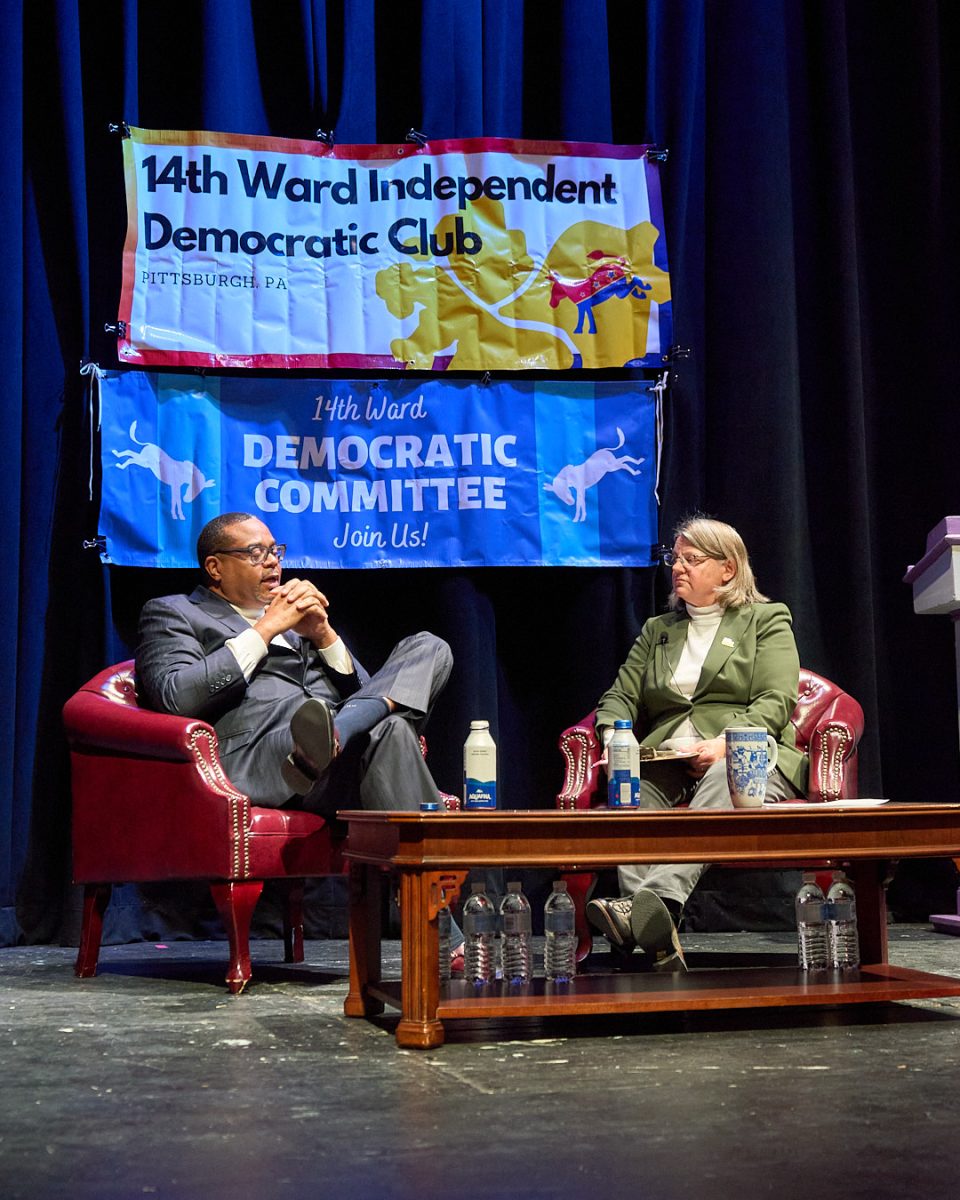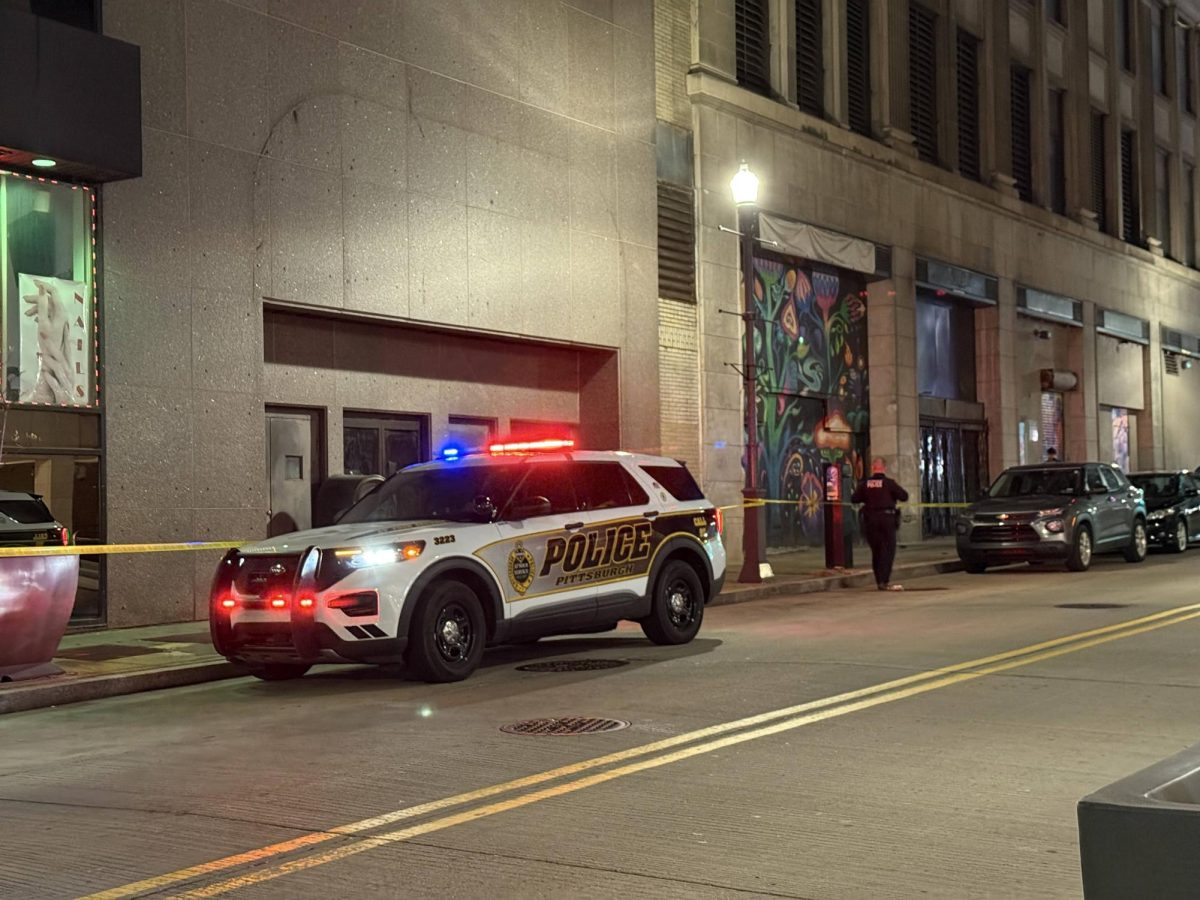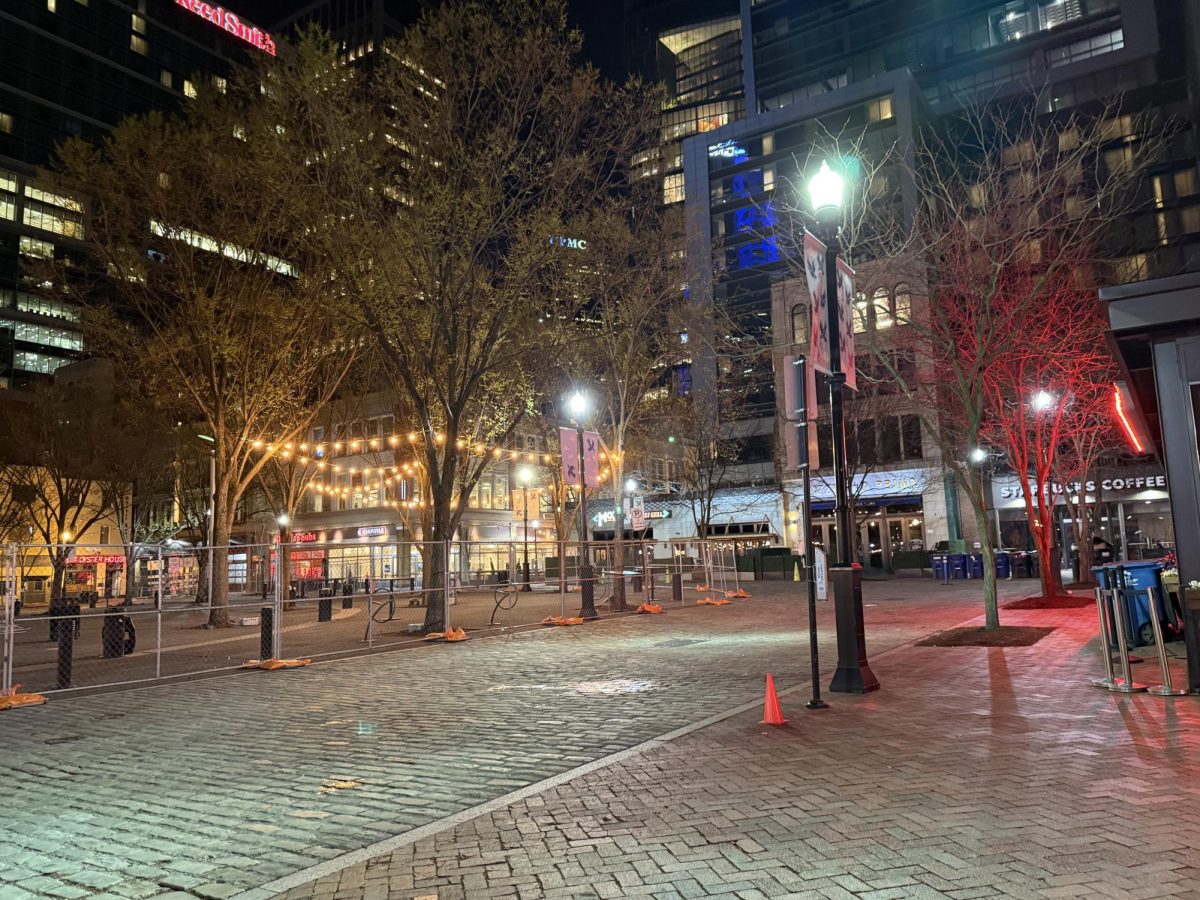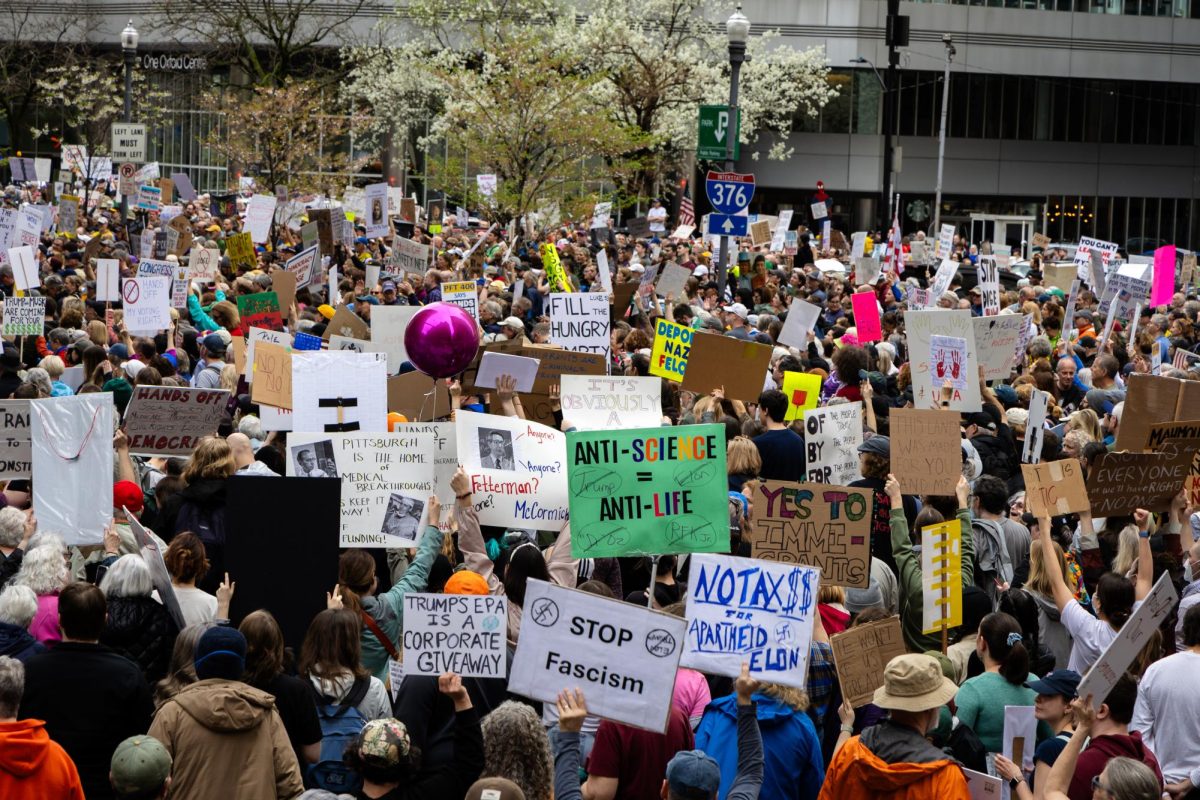The Democratic primary for Pittsburgh mayor had its first debate this week between incumbent Ed Gainey and challenger Corey O’Connor.
The debate, held on Sunday, Feb. 2 at Chatham University and hosted by Ann Belser, covered a variety of issues, from the city’s budget and aging infrastructure to water fountains in public parks.
The winner of the Democratic primary typically wins the general election in November. Democrats have gotten at least 70% of the vote since 2013, according to Allegheny County election data. Pittsburgh hasn’t had a Republican mayor since 1934.
Both candidates were given a 30-minute “fireside chat” to answer questions uninterrupted prior to the debate. While one spoke, the other met with local college Democrats for a brief forum in a separate building.
The debate began on the city’s budget. Gainey touted his “$4 million surplus,” which O’Connor, the Allegheny County controller, contested. Assuming the city meets its anticipated revenues, the 2025 budget will have a surplus of $3.2 million.
Gainey also said that O’Connor was silent on last year’s budget deficit that led to a spike in property tax. O’Connor said he was one of the first to point it out.
O’Connor went on to make jabs at the city’s response to heavy snowfall in January, questioning why it took so long for streets to be plowed. He also criticized the Gainey administration for using federal COVID relief money to hire 100 new employees.
“You went on a hiring spree when you knew that the city could not afford it,” O’Connor said.
While he had no response to O’Connor’s COVID relief comment, Gainey said that snow plow response time was slower before he took office, and that overhauling public works was a focal point for his administration.
To portray Gainey as incapable of staffing public works, O’Connor referenced the issue of several city park water fountains not working over last summer. The city currently only employs one plumber.
Gainey said that the water fountains were off before he took office.
Aging infrastructure was the final major point of argument between the two. Gainey said the collapse of Fern Hollow Bridge in 2022 significantly influenced his outlook on bridge maintenance.
“We inherited disinvestment,” Gainey said.
O’Connor disagreed that the outlook had changed and said this year’s budget “does not set aside funding for bridge reconstruction.” The 2025 budget allocated $1.1 million to bridge reconstruction.
One point met a few jeers from the crowd over the course of the fireside chats and debate: former police Chief Larry Scirotto.
Scirotto created a buzz around Pittsburgh after announcing he would be refereeing college basketball games while acting as chief of Pittsburgh police. WPXI’s 11 Investigates said that Gainey and Scirotto arranged a deal that he could referee games if the city’s murder rate went down.
O’Connor made a passing comment about the issue, but did not dig in.
Right before the end of his fireside chat, Gainey said that allegations of “backroom deals” were false, but ran out of time before he could finish his statement.
He went on to tell The Globe that Scirotto’s partner had a virtual job in Pittsburgh that was “cancelled,” so he went to live in Texas.
Gainey said he didn’t clarify sooner because, “I promised the police that I wouldn’t out them, because outing them doesn’t build morale, it just kills the spirit.”
Gainey said he could speak on the matter now because Scirotto did on KDKA’s Marty Griffin Show.
Closing statements continued the duo’s clash on the city’s budget. Gainey said O’Connor was spreading “misinformation,” while O’Connor encouraged people to look at the budget themselves.
Some local Democrats who were present for the debate said they were still split on who to pick for the primary in May.
Mary Hicks, 65, of Shadyside said she likes both candidates, and that she still needed to hear more before picking a favorite.
“My favorite part is that I saw them out here in the hallway and they’re cordial with each other,” Hicks said, “which I think is so important. I’m so sick of fighting in politics and, you know, it doesn’t solve anything.”
Hicks said her biggest issues of interest were housing, employment and traffic safety.
Elijah Majocha, 19, a Chatham student studying political science, said he was still in the middle of the road on which candidate to pick.
“That definitely picked my brain,” Majocha said.
Majocha said he hopes either candidate will have a plan to keep young people in Pittsburgh.
“We see a lot of youth people wanting to stay here,” Majocha said, “as they see the beautiful infrastructure that Pittsburgh provides, a lot of the rejuvenating ideas that Pittsburgh has and a lot of support within any career and profession.”
This years’ primary will take place on May 20. The last day to register to vote is May 5.










